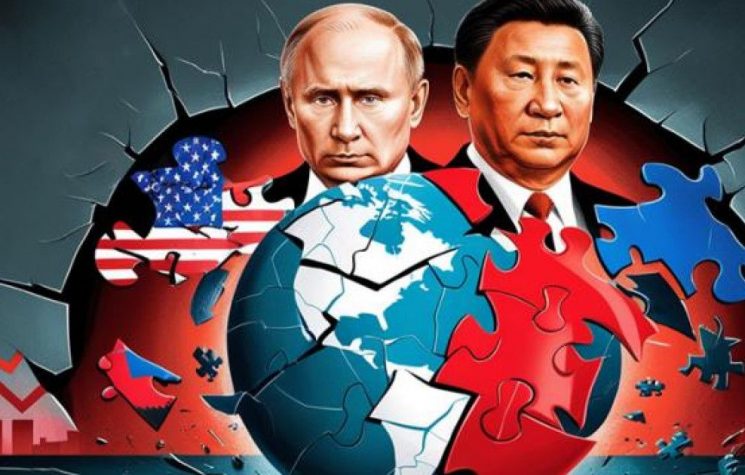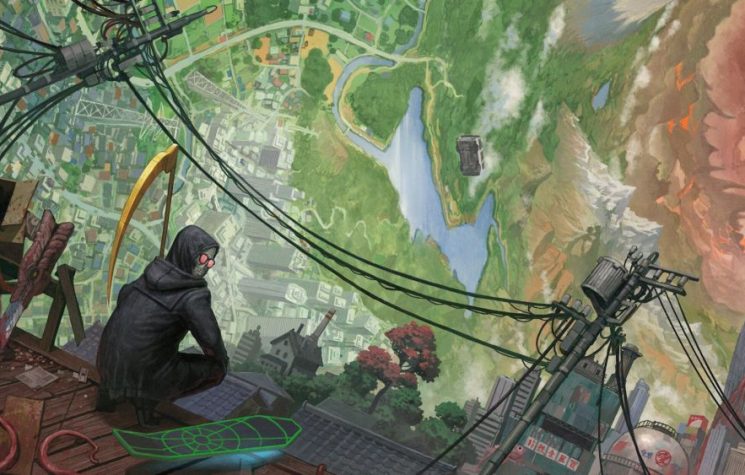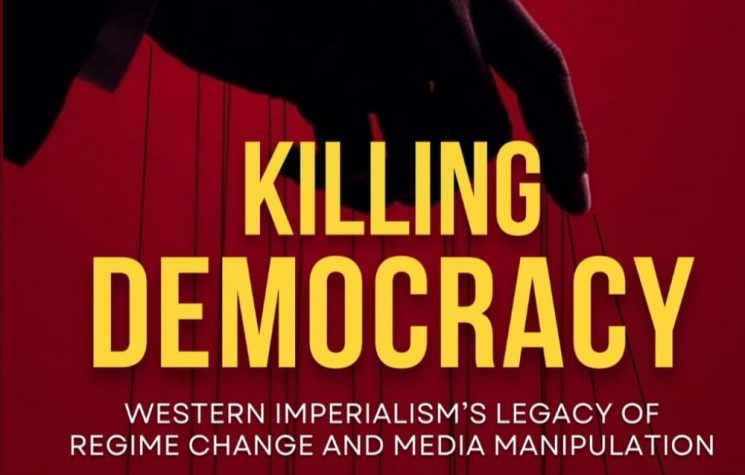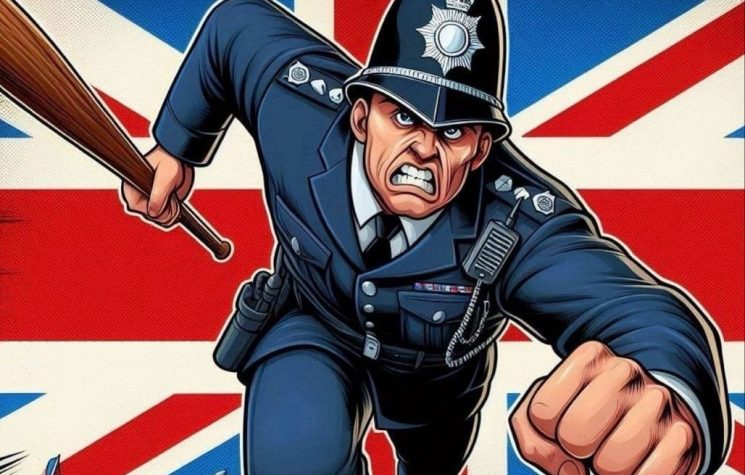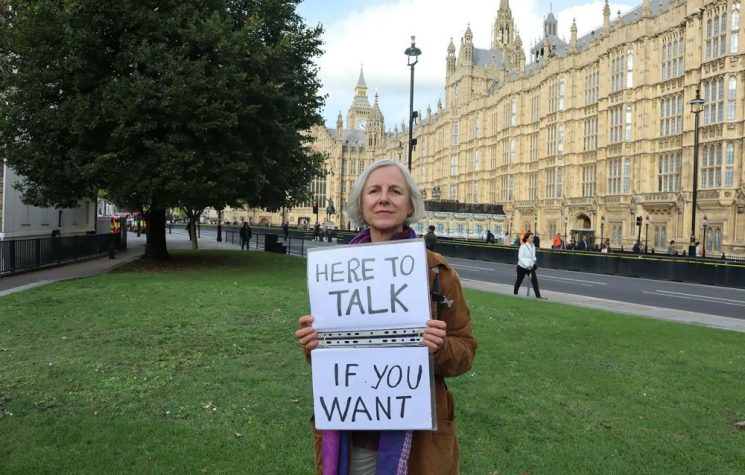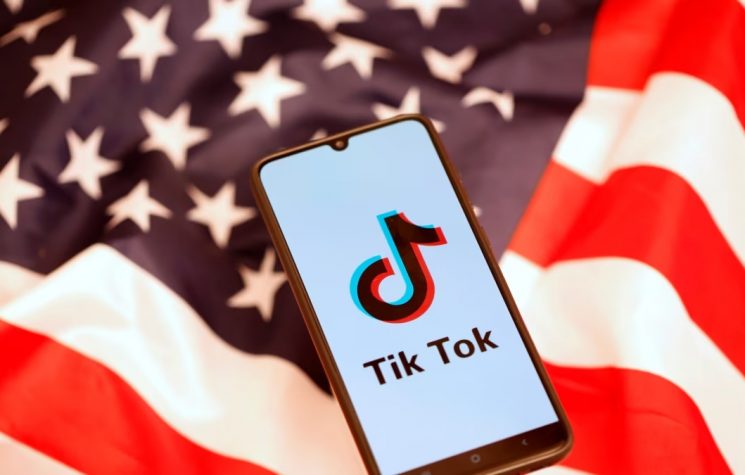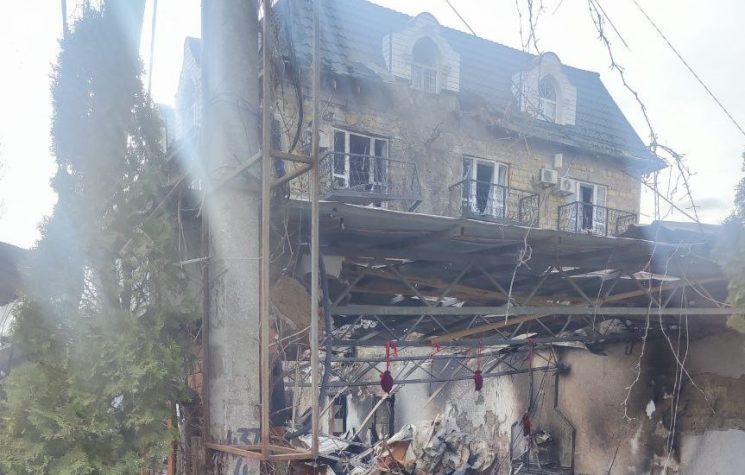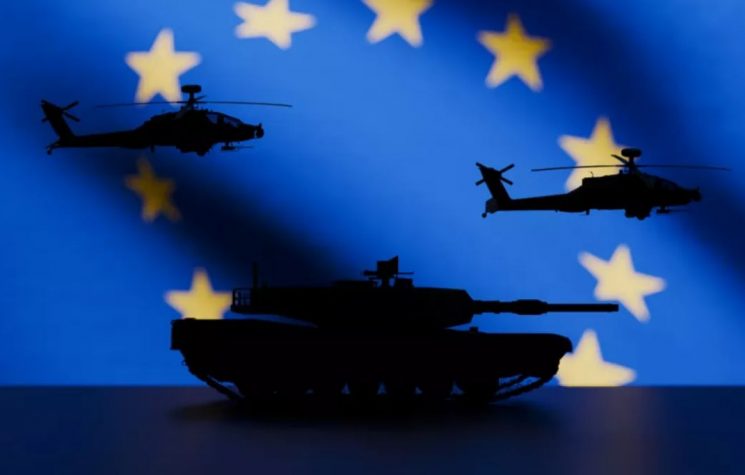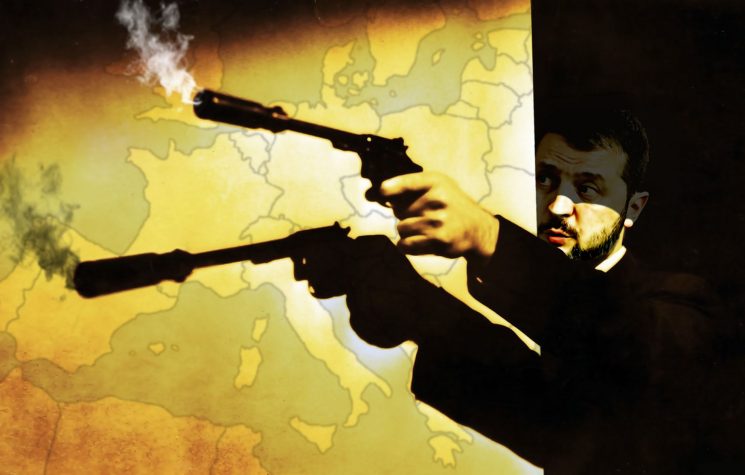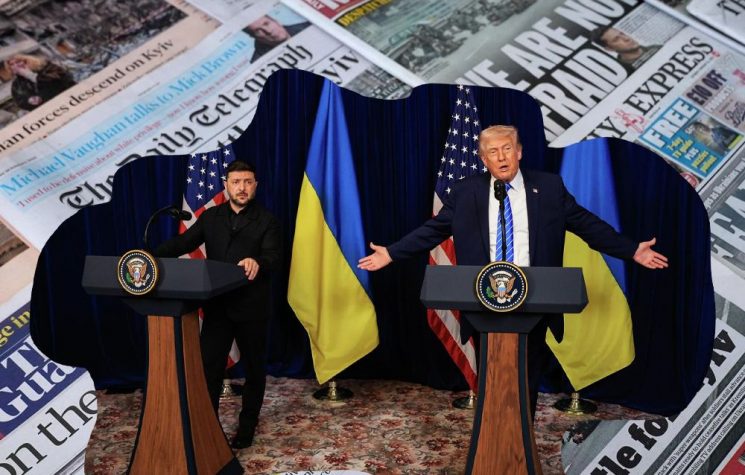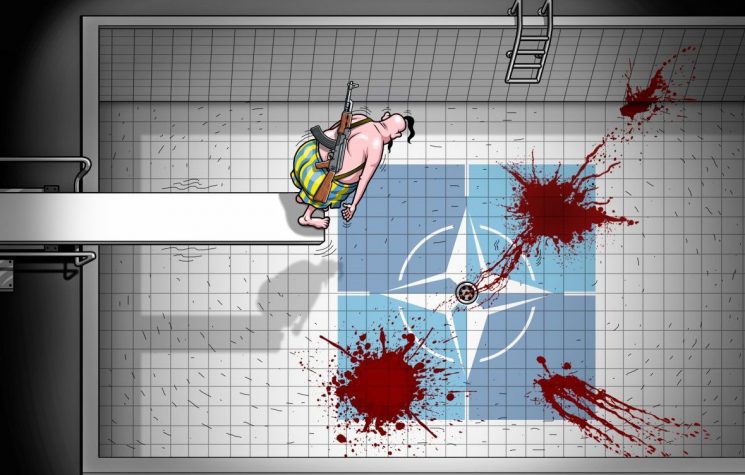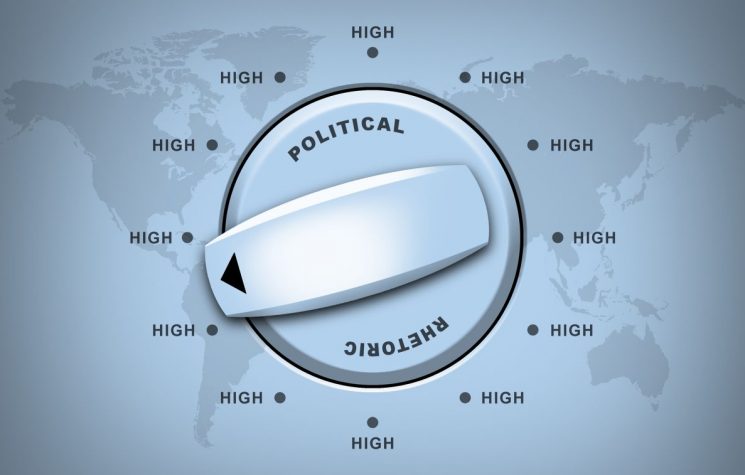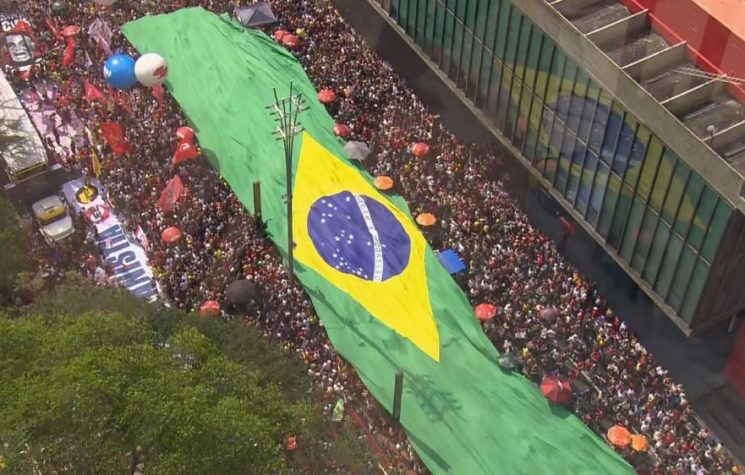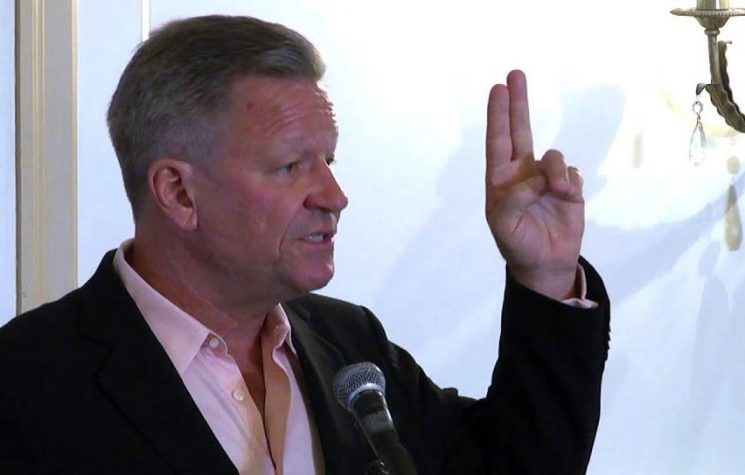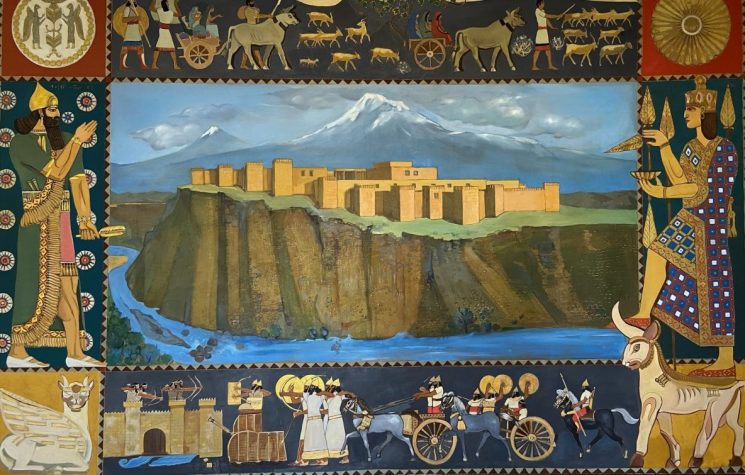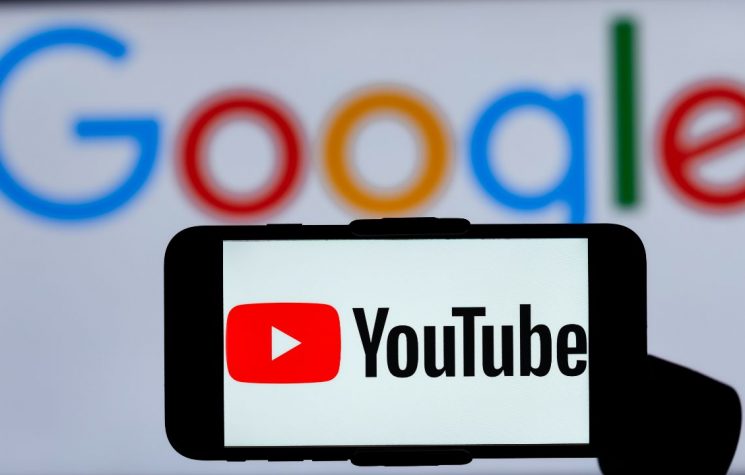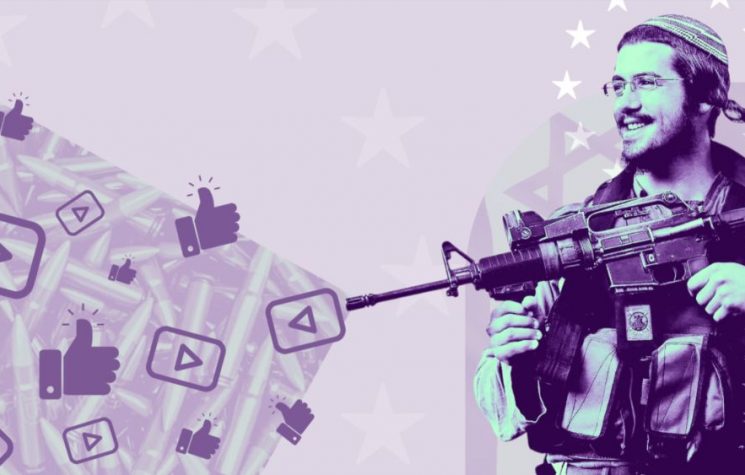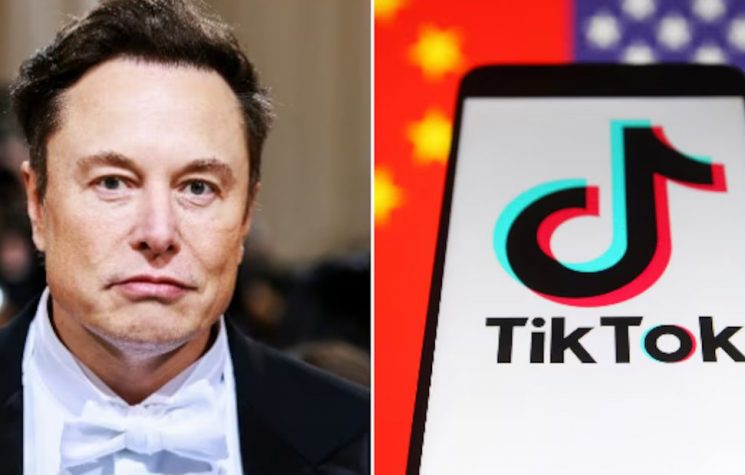The problem is finding a way to shield the vulnerable, particularly the youth, from adverse influences without restricting personal freedoms.
For centuries, Russia has been open to adopting popular Western traditions, but as the invasive cultural weed known as progressive liberalism enters the scene, Moscow is now forced to rethink the level of its engagement. With the internet and ubiquitous social media, however, such a cultural distancing will not be easy.
Russian Tsar Peter the Great (1672-1725), from the vantage point of his newly built capital of Saint Petersburg, encouraged his fellow Russians to emulate particular Western styles that he believed were civilized and cultivated. One of his less popular pro-Western reforms involved an edict that forbade beards among government officials and nobles.
“Peter, beardless himself, regarded beards as unnecessary, uncivilized and ridiculous,” wrote Peter Massie in his biography ‘Peter the Great’. “They made his country a subject of mirth and mockery in the West … Within a week of his return [from a trip around Europe], he went to a banquet given by [Army Commander Alexis] Shein and sent his court fool, Jacob Turgenov, around the room in the role of barber. The process was often uncomfortable; shaving long, thick beards with a dry razor left many gouges and cuts where the sharp blade had come to close. But no one dared object…”
Eventually, Tsar Peter relaxed his edict, allowing anyone who paid a hefty ‘beard tax’ to keep their beloved facial hair.
Fast forward about three centuries and we find Russian President Vladimir Putin starting to apply the emergency brakes on Russia’s import of Western ideas and traditions, many of which are far from innocuous.
During his annual end-of-year Q&A press conference, Putin was asked about issues that have obsessed the Western mind, like transgenderism and the rejection of traditional concepts, such as mother, father and gender – one-time unquestionable biological facts that are now open to a variety of interpretations according to the personal whims of each individual.
War is Peace.
Freedom is Slavery.
Ignorance is Strength.
The Penised Individual Who Raped You Is a Woman.https://t.co/SyxFnnboM1— J.K. Rowling (@jk_rowling) December 12, 2021
“I adhere to that traditional approach that a woman is a woman and a man is a man. A mother is a mother, a father is a father,” Putin responded with a frankness that would make a modern liberal faint. “And I hope that our society has the internal moral protection dictated by the traditional religious denominations of the Russian Federation.”
Comparing the proliferation of such dangerous ideas to the spread of a pandemic, the Russian leader, hinting at the moral strength provided by Orthodoxy, argued that all Russian citizens enjoy “a certain internal moral protection against this obscurantism that you’ve just mentioned.”
Putin then alluded to a criminal case in the United States where a criminal serving time for rape declared that he was female and, after being transferred to a women’s prison, committed the same crime in his cell.
“It is necessary to fight [progressive liberalism] not with direct orders and shouts and accusations but with the support for our traditional values,” he asserted.
? @RT_com presents a manual on just how one should (might) celebrate Christmas in 2021/22. In the eye of the beholder.
☝️ RT reminds -> in the age of new ethics and cancel culture all things conservative turn progressive. Or should they?#ThinkForYourself & #MerryChristmas! pic.twitter.com/BkSIAYRAb7
— MFA Russia ?? (@mfa_russia) December 25, 2021
Here is the tremendous quandary now confronting Russia: since most people these days are more likely to be holding a smartphone and checking their social media accounts than reading Tolstoy, Bulgakov or Dostoevsky, ‘closing the window’ on dubious Western values is not so straightforward. The problem for Russia, and many other countries, is finding a way to shield the vulnerable, particularly the youth, from such adverse influences without restricting personal freedoms.
To get an idea exactly how popular social media has become, this year the Chinese video-sharing platform TikTok dethroned the behemoth Google – with all of its myriad services, like Maps, Translate, News, etc – from the top spot, while Facebook took third place. Meanwhile, Netflix, with its not-so-subtle programming on behalf of half-baked woke ideas, grabbed seventh place.
A one-minute scroll down TikTok’s main page tells a person everything they need to know about the platform’s content, which could be summed up in three words: lewd, vulgar and repulsive. There is literally no sign of intelligent life forms whatsoever. Indeed, the majority of the content creators appear to be very young and, shockingly, in various hedonistic stages of disrobing and debauchery.
That must be of no small concern when it is considered that over 29 million Russians use TikTok, and the largest share of the audience was represented by female users at nearly 56 percent as of May 2021 (12-24 year olds make up 26 percent of its audience). Many psychologists attribute this heavy social media usage to a dramatic uptick in adolescents – particularly females – expressing early confusion about their gender.
In one peer-reviewed academic study, it was found that “86.7% of parents reported that, along with the sudden or rapid onset of gender dysphoria, their child either had an increase in their social media/internet use, belonged to a friend group in which one or multiple friends became transgender-identified during a similar timeframe, or both.”
While TikTok is not the only social media company with a formidable footprint in Russia (Russia’s very own VKontakte, a popular alternative to Facebook, is the most popular social media site in the country, with some 70 million monthly users), it certainly ranks as one of the most disruptive in terms of its ability to shape the soft minds of predominantly young users. Yet to date it seems that Russia is content to merely mimic the Chinese platform. In September, Gazprom-Media unveiled a new platform called Yappy, which, like TikTok, enables users to record 60-second videos. The main target audience is for those people in the 14-34 age range.
Nevertheless, signs of a Russian pushback against the messaging are on the horizon. Twitter, for example, received a warning in March by the Russian communications regulator Roskomnadzor that it could be blocked from the country if it refuses to “remove content that incites minors to commit suicide, contains child pornography or information about the use of drugs.”
The Russian watchdog demanded the removal of more than 28,000 posts, links and publications, which reportedly included more than 2,500 calls for children to kill themselves and 450 involving child pornography.
The problem with social media and its inherently negative influence is not limited to Russia, of course. In January, Italian regulators forced TikTok to block underage users from using its app, after a 10-year-old girl from Palermo died attempting to perform a dangerous social media challenge that involved participants cutting off their oxygen supply to experience a high.
These types of peer-pressure challenges affecting children, which oftentimes do not make themselves known to parents (and the authorities) until the damage has already been done, can be described as a direct threat to national security, and perhaps more so for Russia than other countries.
As the vapid Western gospel of wokeness is widely disseminated from every social media pulpit, brainwashing children about strange new creeds, like transgenderism, this places the nuclear family unit under direct attack. And for a country like Russia, suffering as it is from low demographics amid a pandemic, such an attack cannot go unanswered forever.
“From both a humanitarian and geopolitical perspective, bearing in mind the people of the country – 146 million for such a vast territory is absolutely insufficient,” Putin told the assembled journalists. “We now have around 81 million people of working age – we have to seriously increase that by 2024 and 2030. It’s one of the factors of economic growth,” he added.
Clearly, woke ideology, with its marked tendency to assist in the impregnation of the mind – not the womb – has absolutely no place in modern Russia, and not just from a moralistic point of view. The question that now faces Russia at this critical juncture in its turbulent history, amid tumbling population rates, is how to keep these corrosive Western ‘values’ at bay, while allowing for the exchange of respectable ideas and technology. It’s probably no exaggeration to say that nothing less than Russia’s survival hinges on the right answer.










